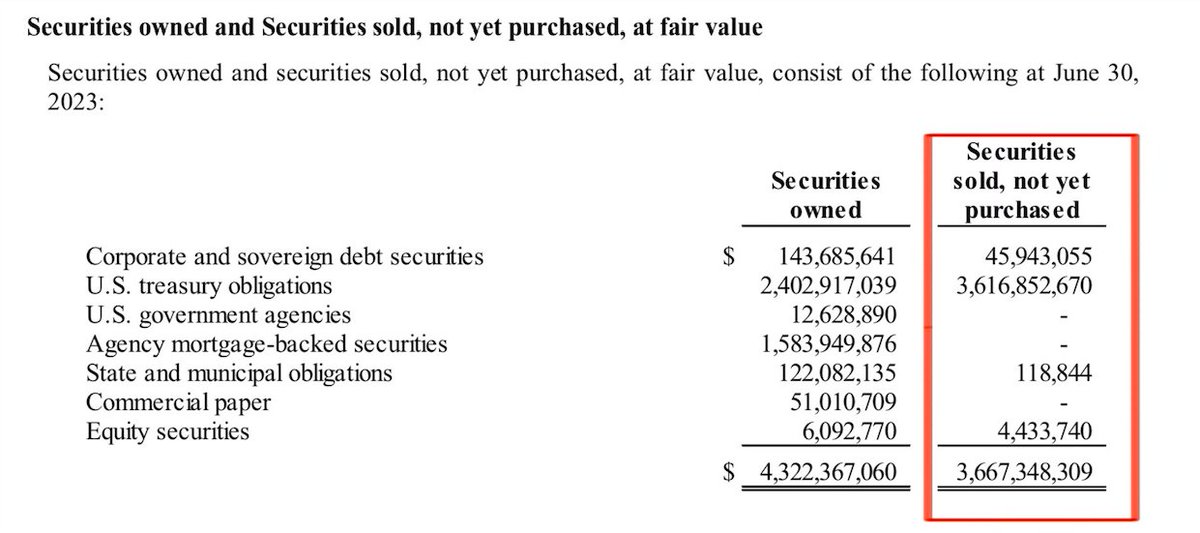
Christian | Husband | Father | Lifter | Individual Investor | U.S. Navy OEFOIF #Veteran | Lover of DD
How to get URL link on X (Twitter) App


 1/
1/

 2/
2/

 1/
1/

 1/
1/


 2/
2/https://x.com/McSqueezyTheCow/status/1763220643078664381?s=20


 1/
1/



 "Investment securities are a category of securities tradable financial assets such as equities or fixed income instruments—that are purchased with the intention of holding them for investment".
"Investment securities are a category of securities tradable financial assets such as equities or fixed income instruments—that are purchased with the intention of holding them for investment".




https://twitter.com/CEOAdam/status/1605926983145181184A reverse split is a "corporate action". 2/
